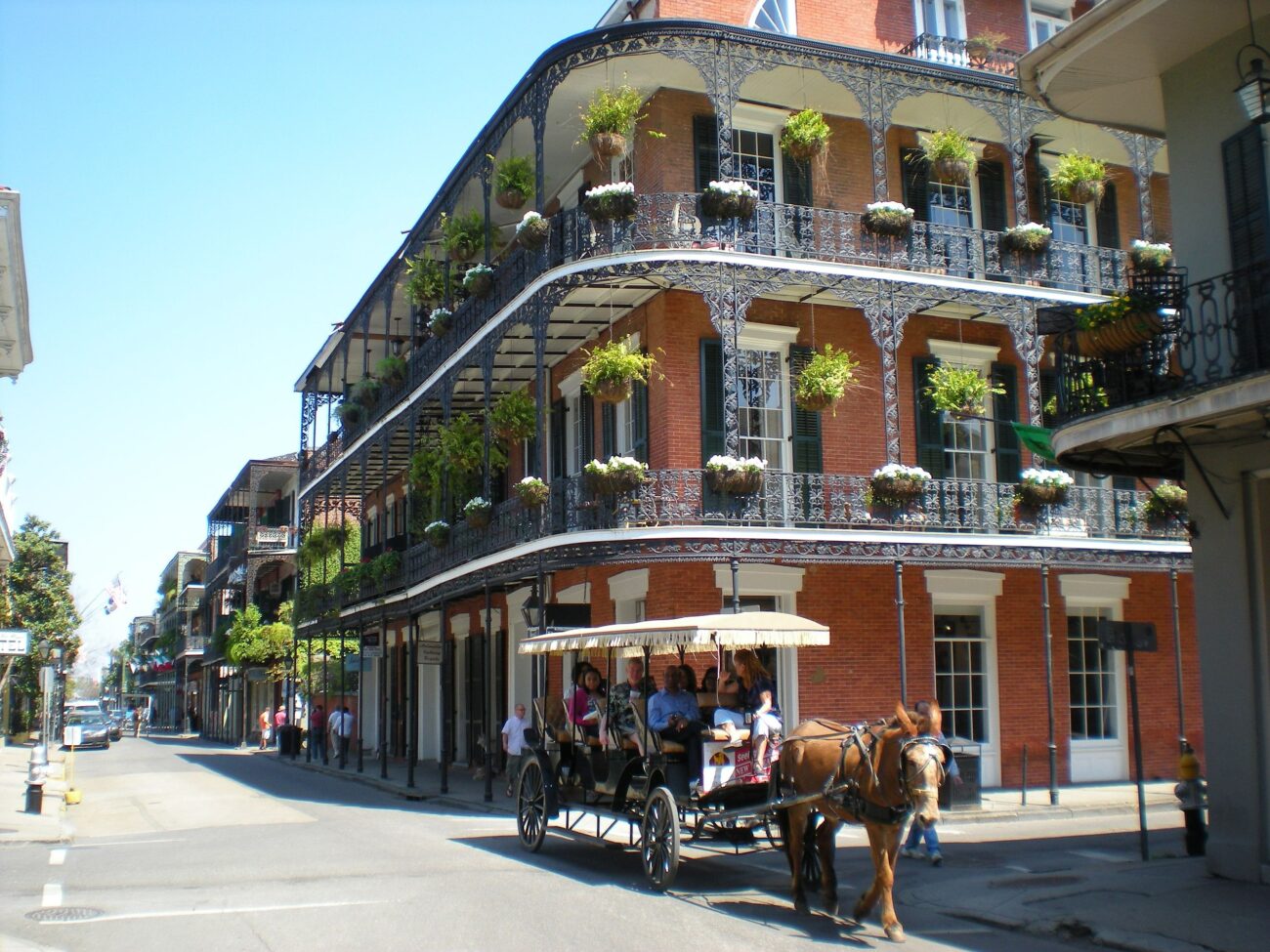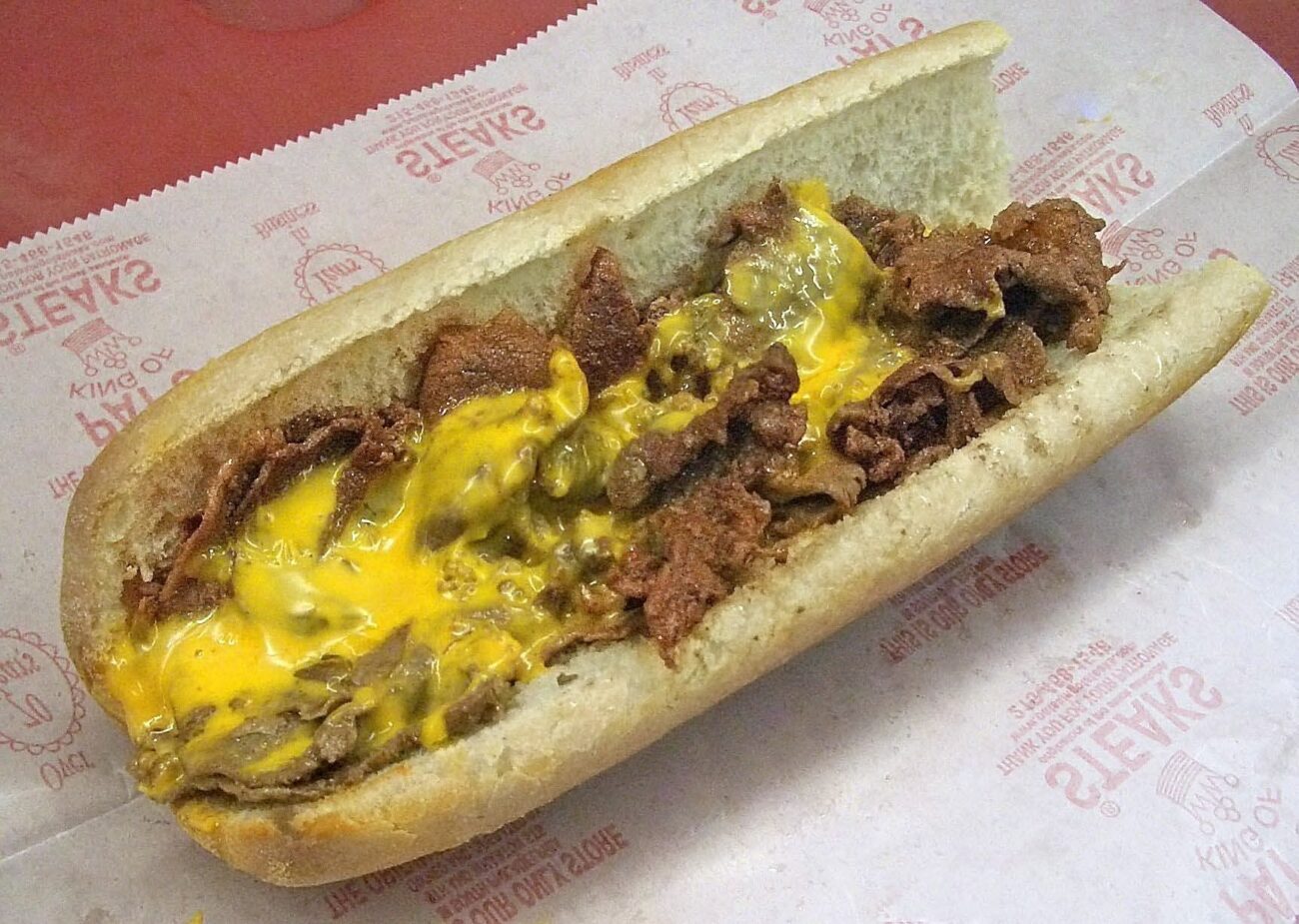Passing out mid-study session only to wake up to cold takeout on your doorstep? Grubhub’s new “Snooze Insurance” promises to fix that uniquely college disaster. The delivery giant launched a limited campaign offering $15 promo codes to students who miss their orders because they fell asleep—acknowledging what anyone who’s survived finals week already knows.
According to Grubhub’s April 2025 survey, 72% of college students have snoozed through a late-night delivery. That’s not surprising when you’re ordering burritos at 2 AM after cramming organic chemistry. What is surprising is that a corporation is actually building a program around this chaos instead of just shrugging it off as user error.
The Fine Print Tells a Different Story
Here’s how it actually works—and why fewer students will benefit than the headlines suggest:
- Only Grubhub+ Student members qualify (though membership is free at participating schools)
- Students must text “DELIVERY” to 1-844-954-OOPS every Saturday at exactly 10 AM PT/1 PM ET
- Just 3,400 codes available weekly, distributed first-come-first-serve
- The campaign runs only from October 18 through November 1st
- Each code is worth $15 off future orders with $15 minimum purchase
The manual application process feels deliberately cumbersome for a generation that expects everything to be automated. Missing your weekly text window means missing out entirely.
Smart Marketing Disguised as Empathy
This isn’t really insurance—it’s a clever customer acquisition tool wrapped in relatable humor. The restricted supply and weekly lottery system create artificial scarcity around what could easily be an automated feature. Students who successfully snag codes become more invested in the Grubhub ecosystem, while the company generates social media buzz from the novelty.
Still, you can’t fault Grubhub for recognizing that college eating patterns have fundamentally shifted. Late-night delivery isn’t occasional anymore—it’s infrastructure. When brands start building programs around your worst habits instead of judging them, they’re probably onto something about how this generation lives.
The real genius? Turning a frustrating user experience into a bonding moment with your brand. That’s worth more than fifteen bucks.


















